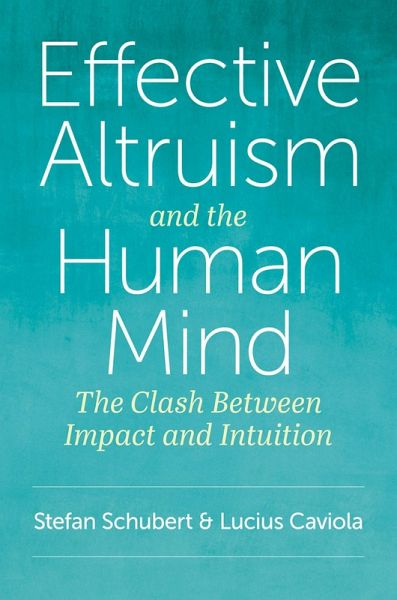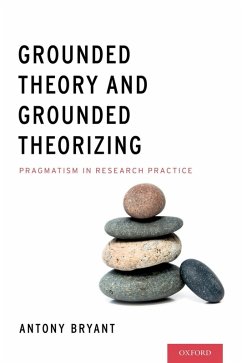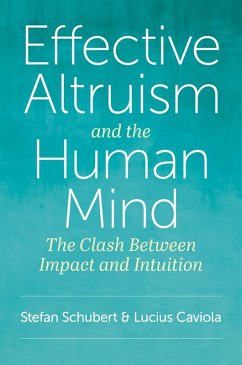
Effective Altruism and the Human Mind (eBook, ePUB)
The Clash Between Impact and Intuition
Versandkostenfrei!
Sofort per Download lieferbar
44,95 €
inkl. MwSt.
Weitere Ausgaben:

PAYBACK Punkte
22 °P sammeln!
Each year, people donate billions to charities that are but a fraction as impactful as the most effective charities. Why is that? Why are people not helping others more effectively, as proposed by effective altruism? This book seeks to give a psychological explanation, drawing on decades of empirical research. It investigates the role of preferences, norms, and beliefs and shows how intuition can limit impact. The second part of the book shows how we can overcome these obstacles through information campaigns, incentivization techniques, and fundamental value change. It ends with a discussion o...
Each year, people donate billions to charities that are but a fraction as impactful as the most effective charities. Why is that? Why are people not helping others more effectively, as proposed by effective altruism? This book seeks to give a psychological explanation, drawing on decades of empirical research. It investigates the role of preferences, norms, and beliefs and shows how intuition can limit impact. The second part of the book shows how we can overcome these obstacles through information campaigns, incentivization techniques, and fundamental value change. It ends with a discussion of how we can use psychology to apply effective altruism in everyday life. This is an open access title available under the terms of a CC BY-NC-ND 4.0 license. It is free to read at Oxford Scholarship Online and offered as a free PDF download from OUP and selected open access locations.
Dieser Download kann aus rechtlichen Gründen nur mit Rechnungsadresse in A, B, BG, CY, CZ, D, DK, EW, E, FIN, F, GR, HR, H, IRL, I, LT, L, LR, M, NL, PL, P, R, S, SLO, SK ausgeliefert werden.













